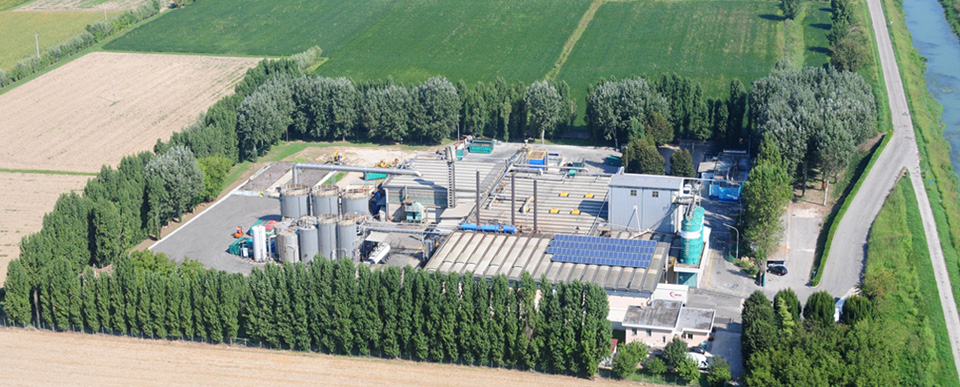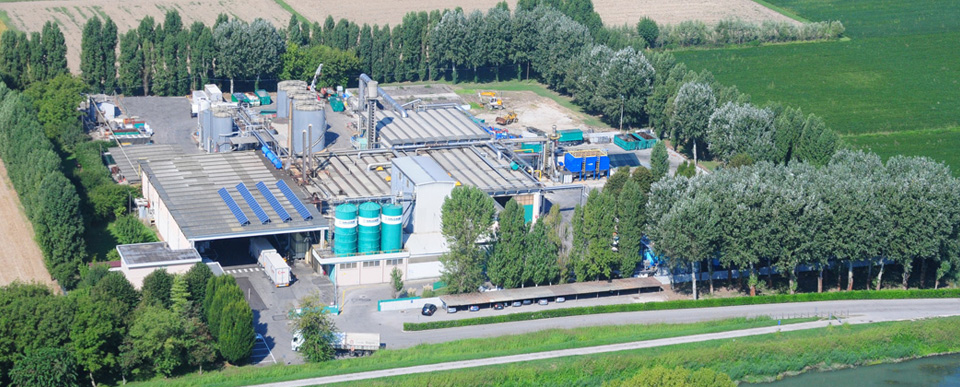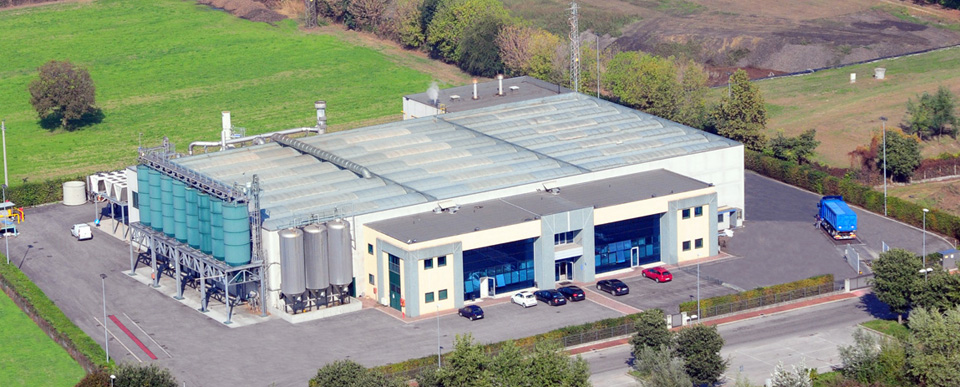History
Salgaim Ecologic S.p.A. was established in the province of Venice in 1967 as Salgaim S.p.A., one of the first companies in Italy dedicated to recycling ABPs to transform them into raw materials used for making soaps and animal feed.
The year 1990 marked a turning point, when the new owners changed the company’s name into its current public limited company (‘S.p.A.’) status and fully revamped the its business and related facilities. The rendering plant in Campagna Lupia (province of Venice) was one of the first of its type in Europe to include the incineration process, which thus definitively resolved the treatment of process water and odorous emissions.
The plant was equipped with two production lines for making high-protein meat and bone meals (MBMs) and other types of meals for use as organic and biological fertilizers. Since 2012, both of Salgaim Ecologic's category-3 rendering plants have been certified within the RED (Renewable Energy Directive), thereby helping to meet the increasingly growing demand for biofuels and bioliquids.
The growth continued in 2001 with the acquisition of the plant at Morsano al Tagliamento (in the Friulan province of Pordenone) which was used exclusively for rendering Category 1 and 2 ABPs. This restructuring plan involved the use of technologies needed to power the production facilities independently, thus minimizing the use of external energy sources.
To meet production demands specialization and enhancement of its products, in 2004 it was built a new factory with two production lines, one of which is currently devoted to the transformation of poultry Category 3 material, resulting in the production of poultry flour destined to pet food; the second is devoted to the production of hydrolyzed flour of feathers and bristles to be allocated both to the pet food market organic fertilizers very appreciated for its high nitrogen content. Thus it was born the Tezze del Brenta (VI) system which comes into operation in 2006.
Oggi Salgaim Ecologic S.p.A. è una realtà consolidata che opera a livello nazionale lavorando i sottoprodotti in impianti altamente tecnologici, specializzati, che assicurano il pieno rispetto del territorio circostante e particolare attenzione alla salvaguardia ambientale.



